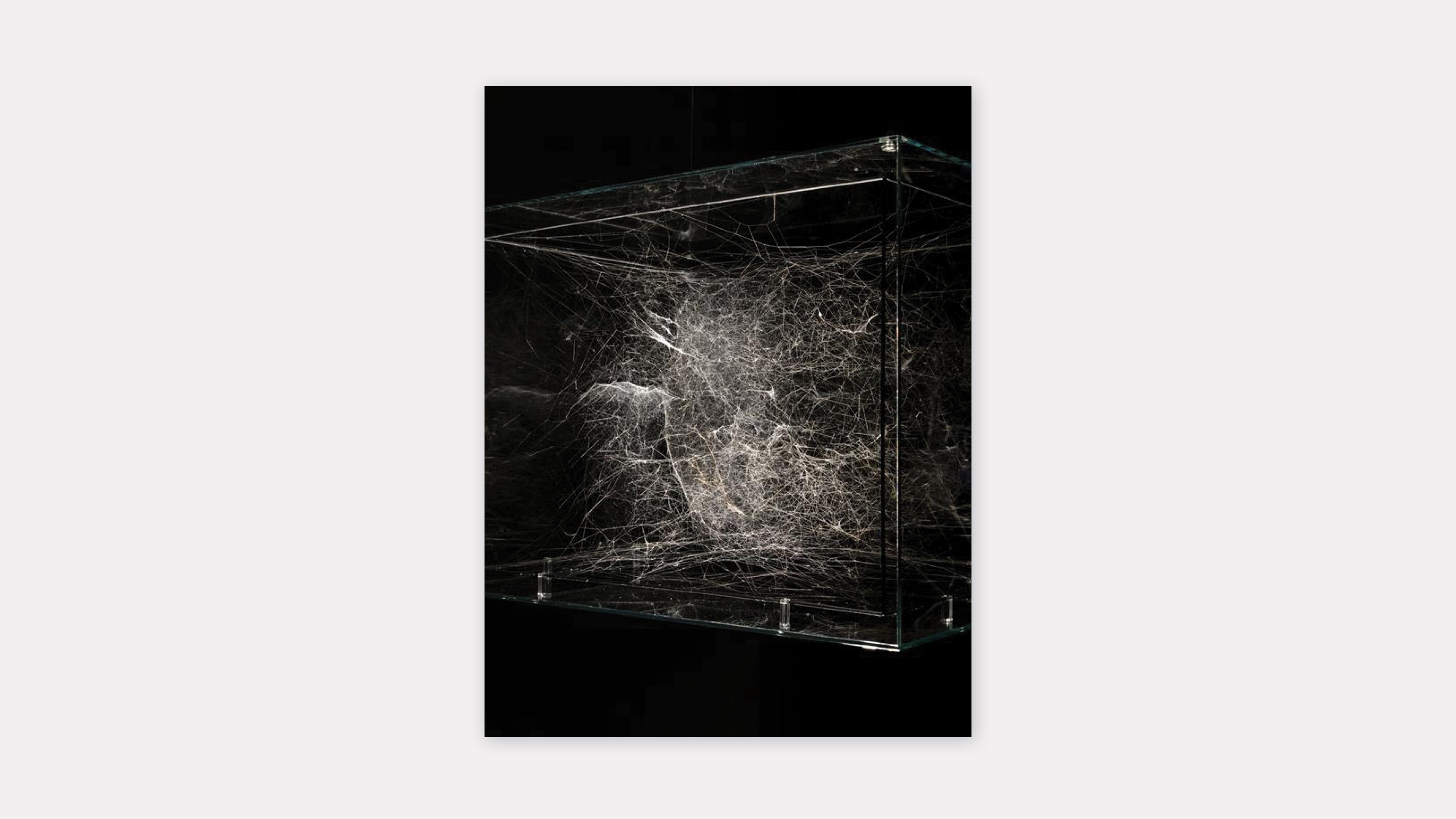STILL LIVES. THE INHUMAN IN LATIN AMERICAN CULTURE

Why do plants, rocks, fungi, meat, and microbes feature so
prominently in contemporary Latin American cultural production? Has the human
receded to the background due to the onset of climate change and the sixth
extinction? This edited issue studies
the notion of the inhuman in contemporary Latin American culture to
interrogate how the temporality of the Anthropocene has blurred the boundaries
between the human and the geological, between inert and vital matter. Building
on important theorizations of the division between the human and nonhuman in
Latin American culture (see Heffes and Fornoff; Andermann; Giorgi; Hoyos;
Vieira), this edited issue takes up the question of the inhuman to foreground
how cultural producers engage with the deep temporality of minerals, the
language of plants, or the cultural politics of meat.
© 2024 Valeria Meiller